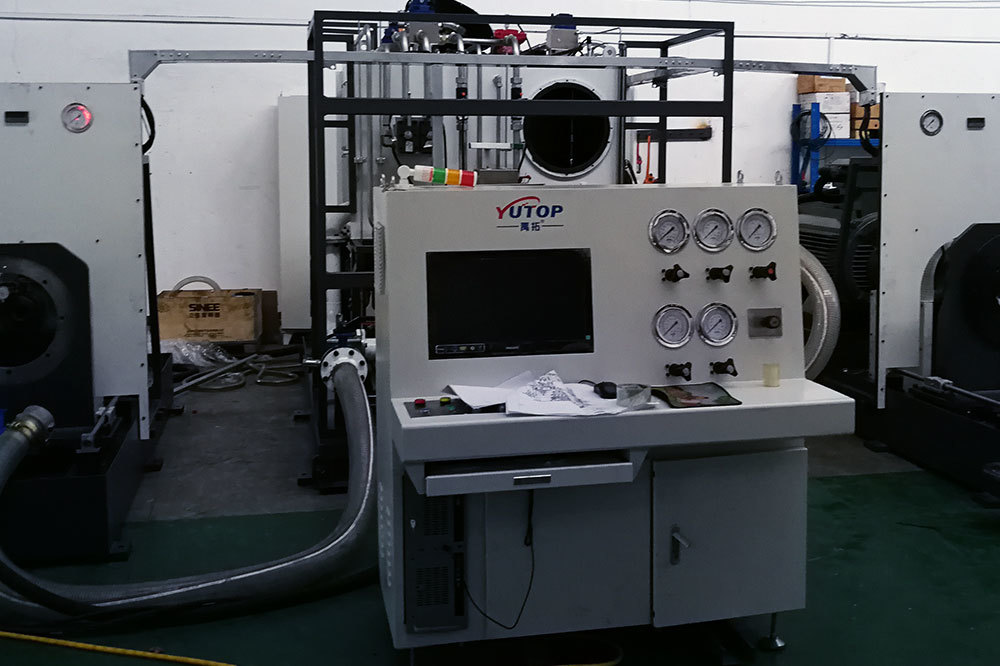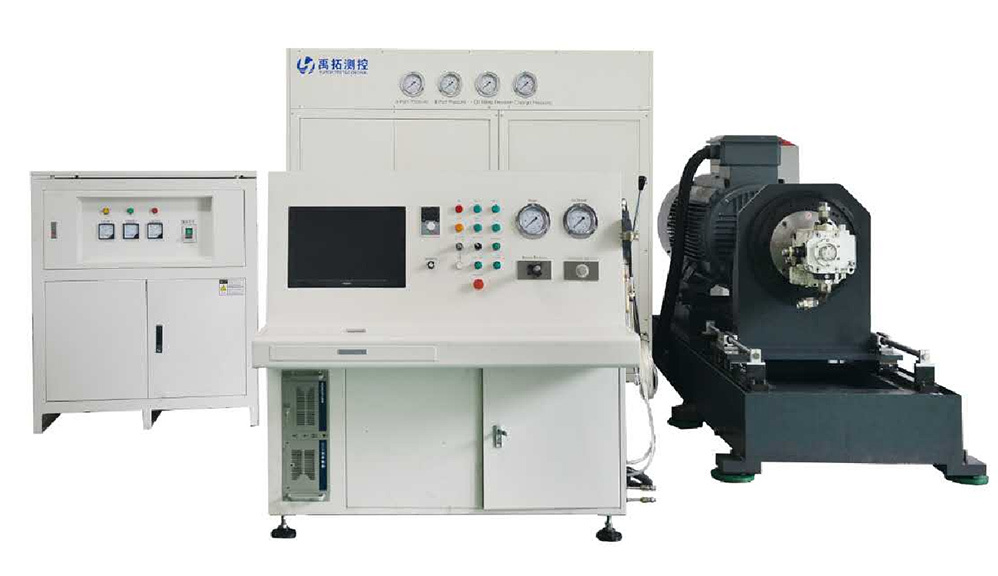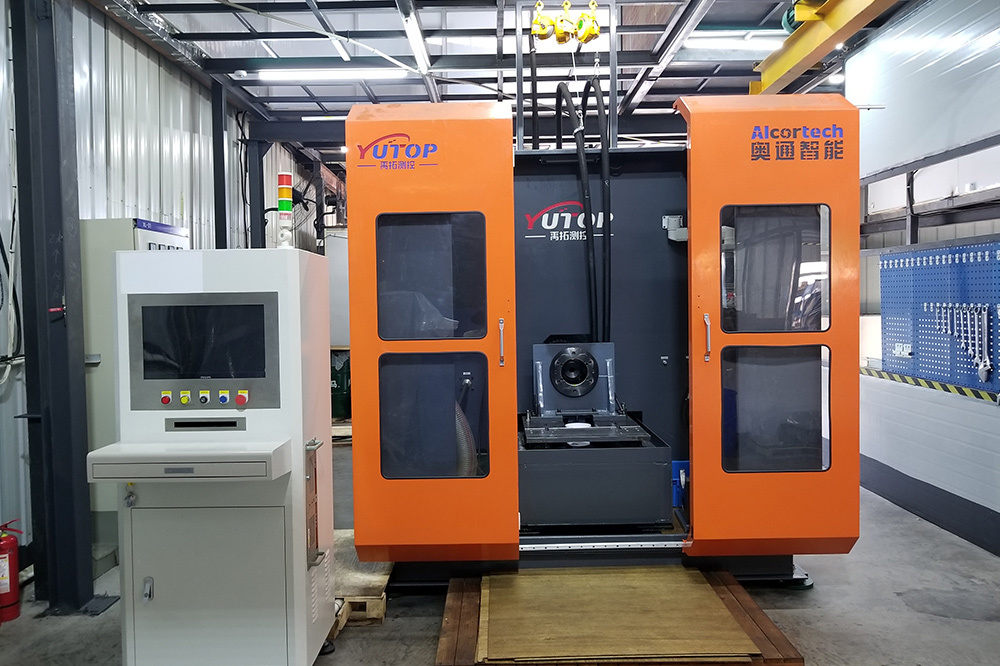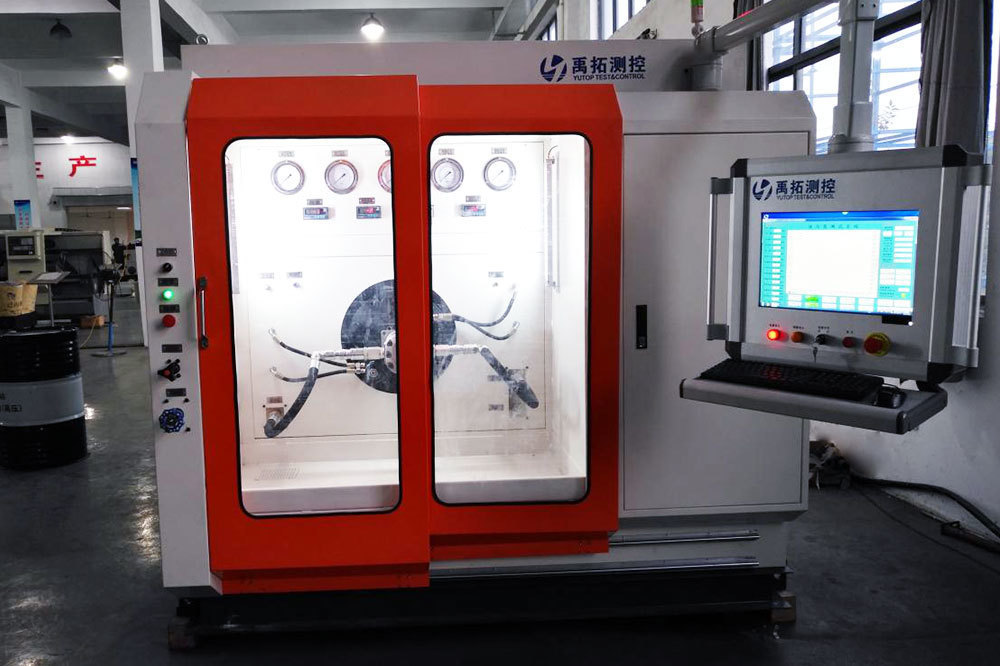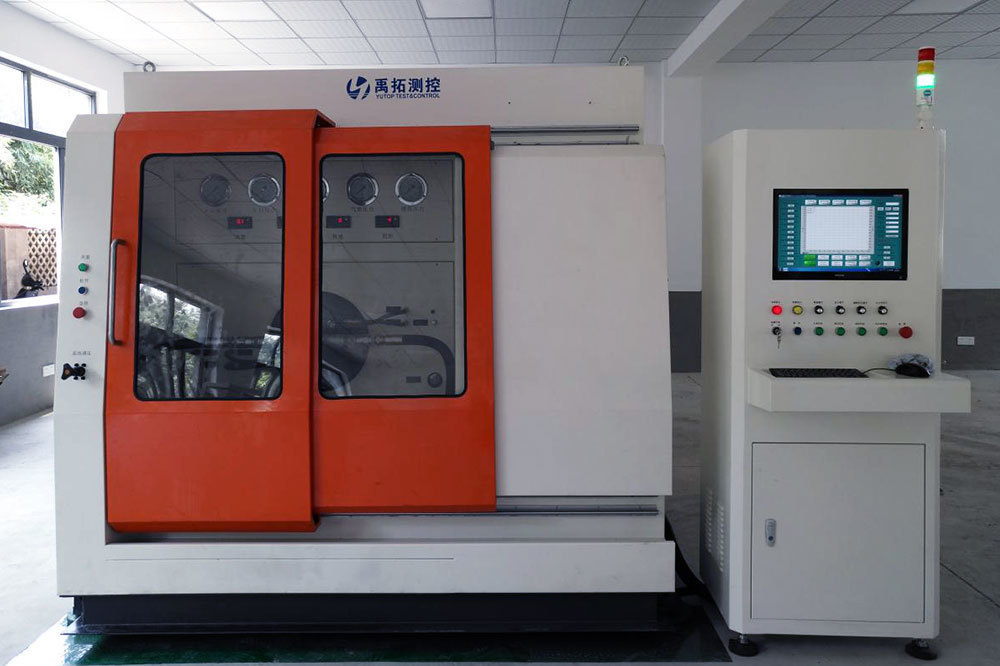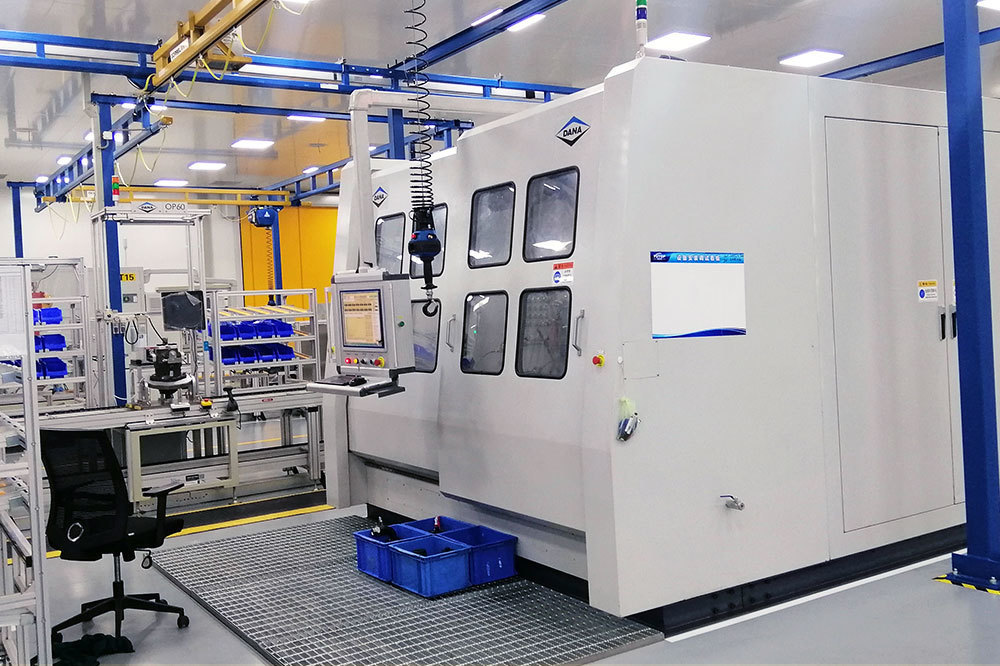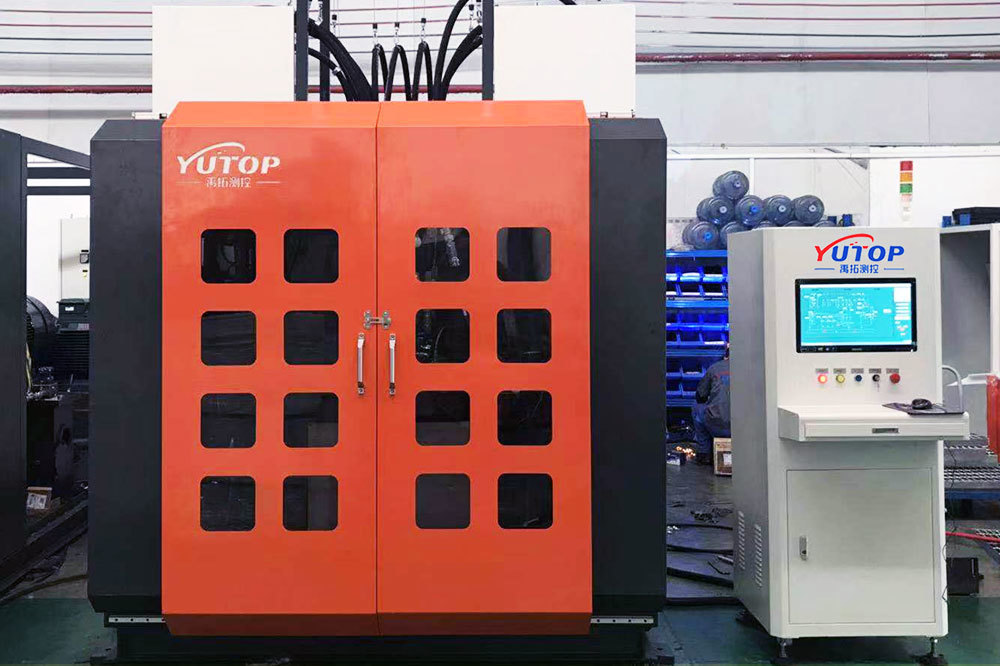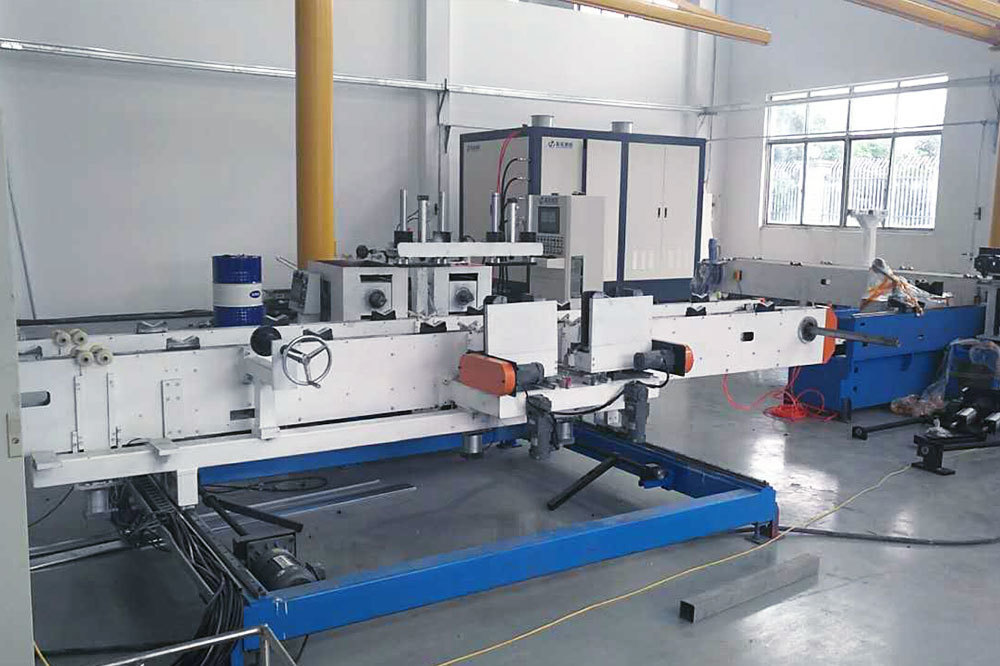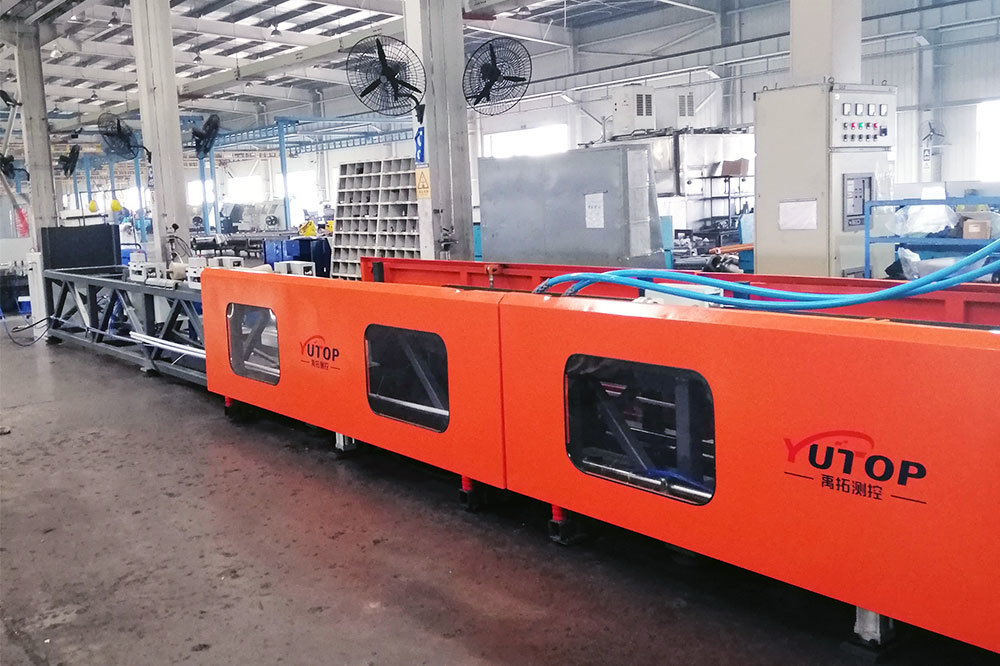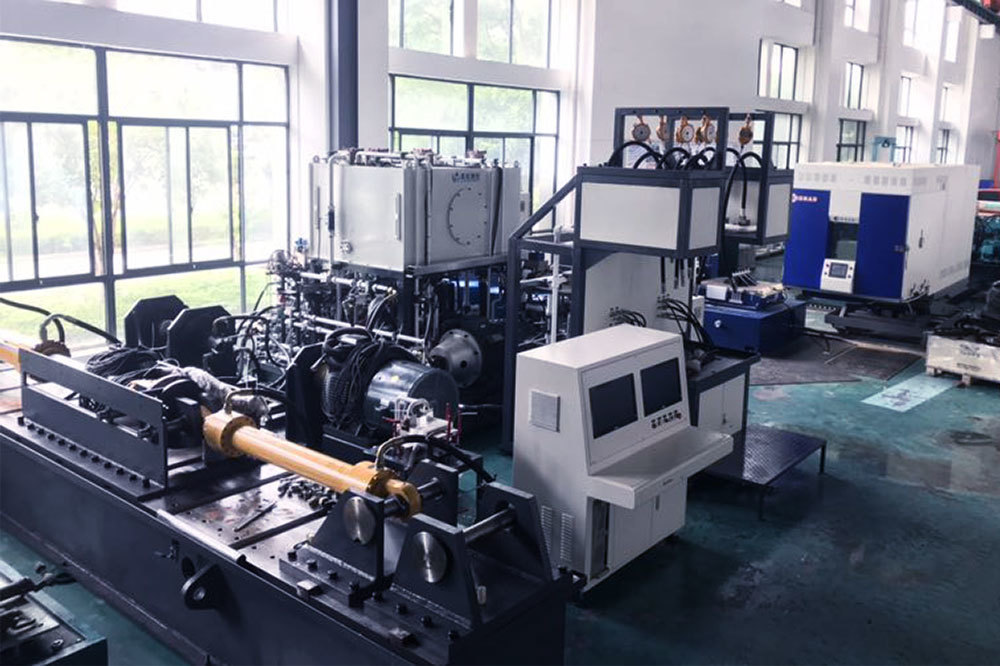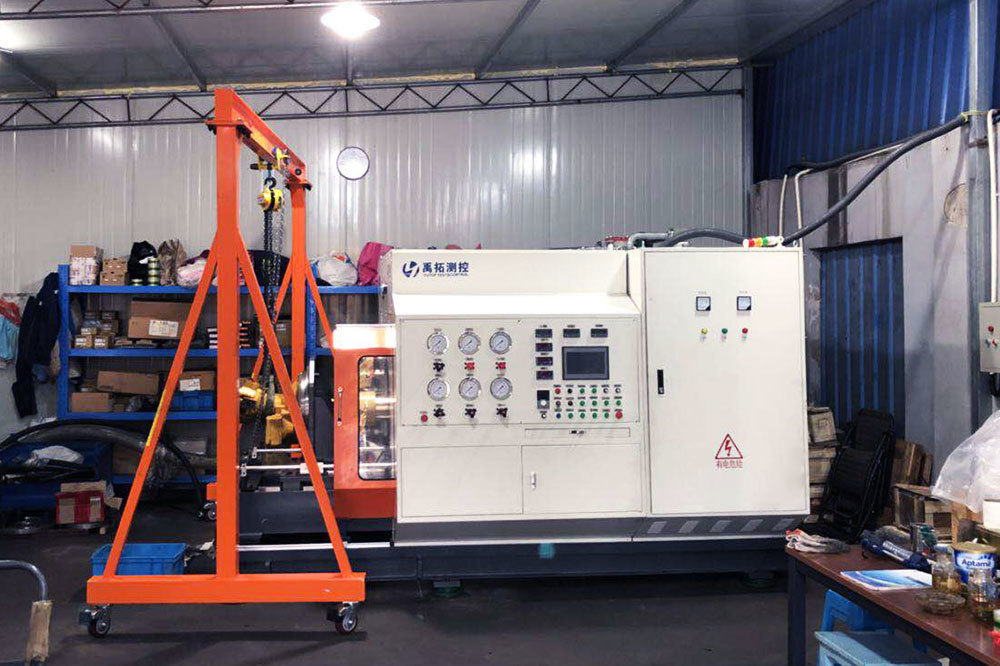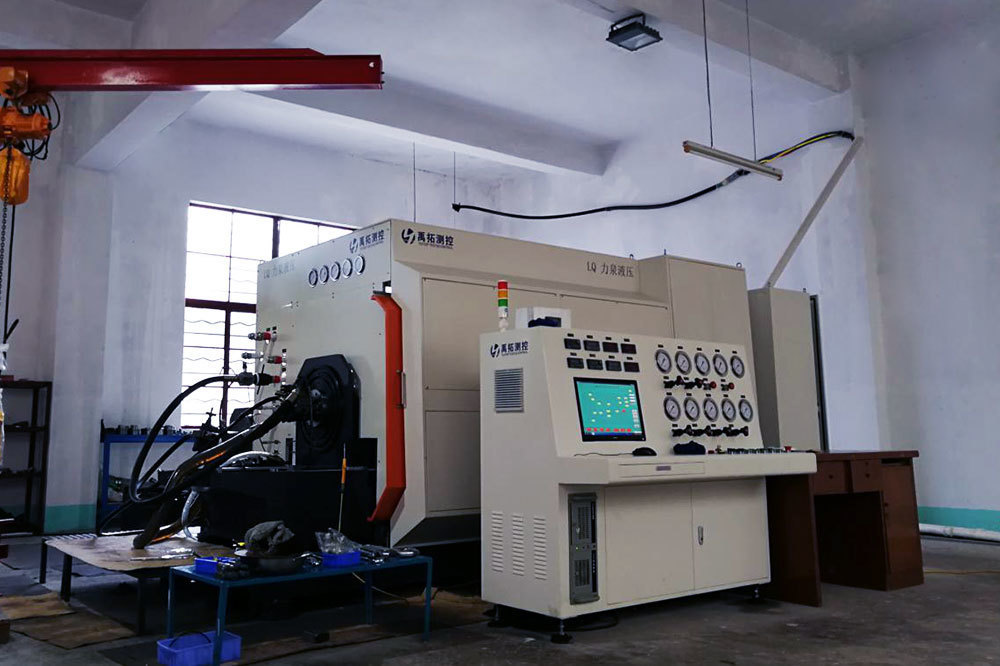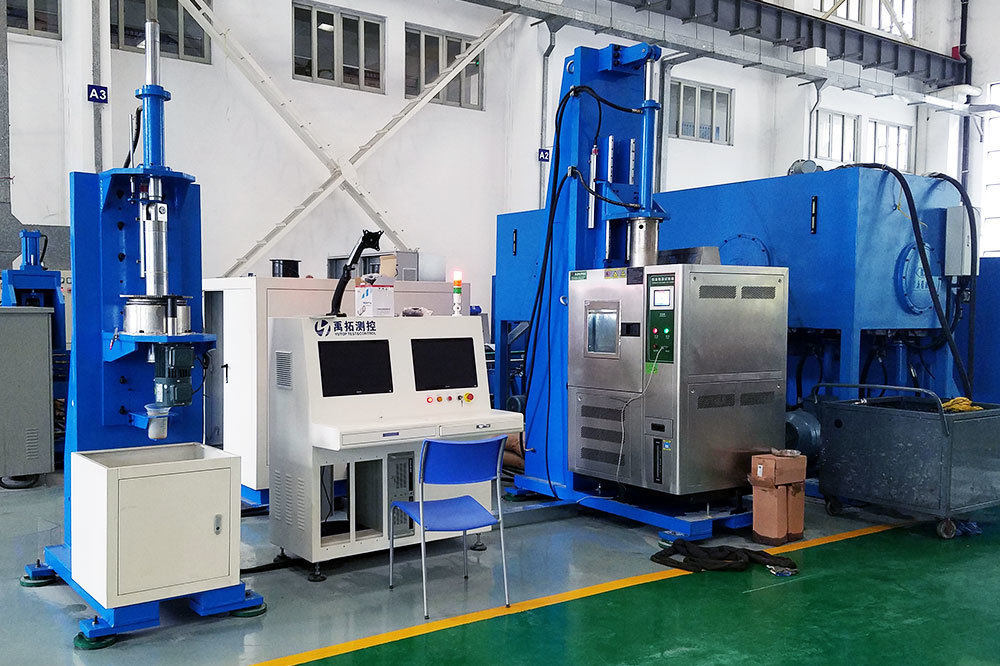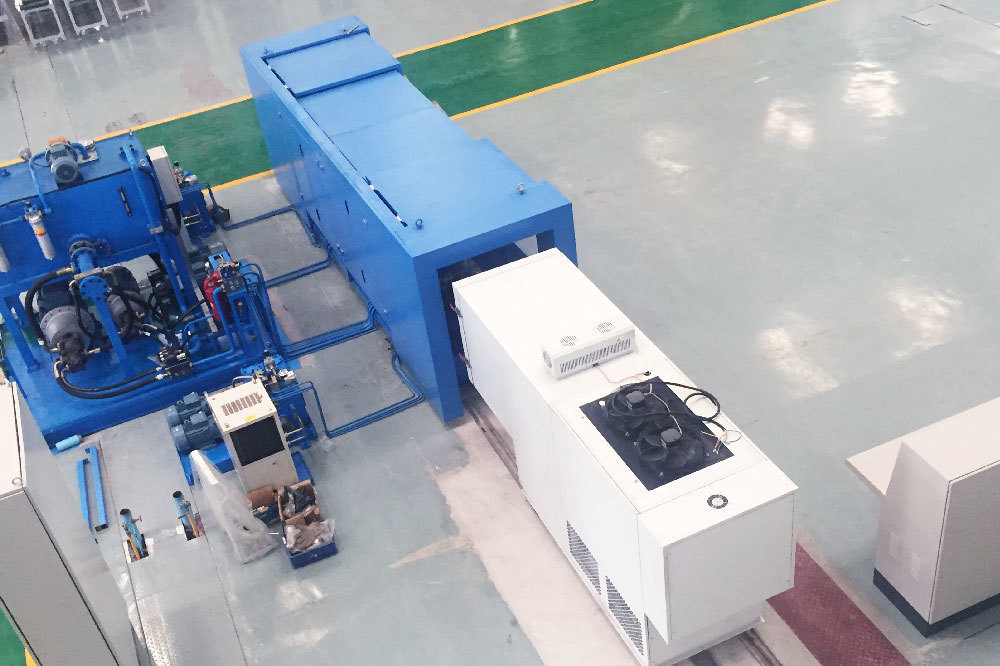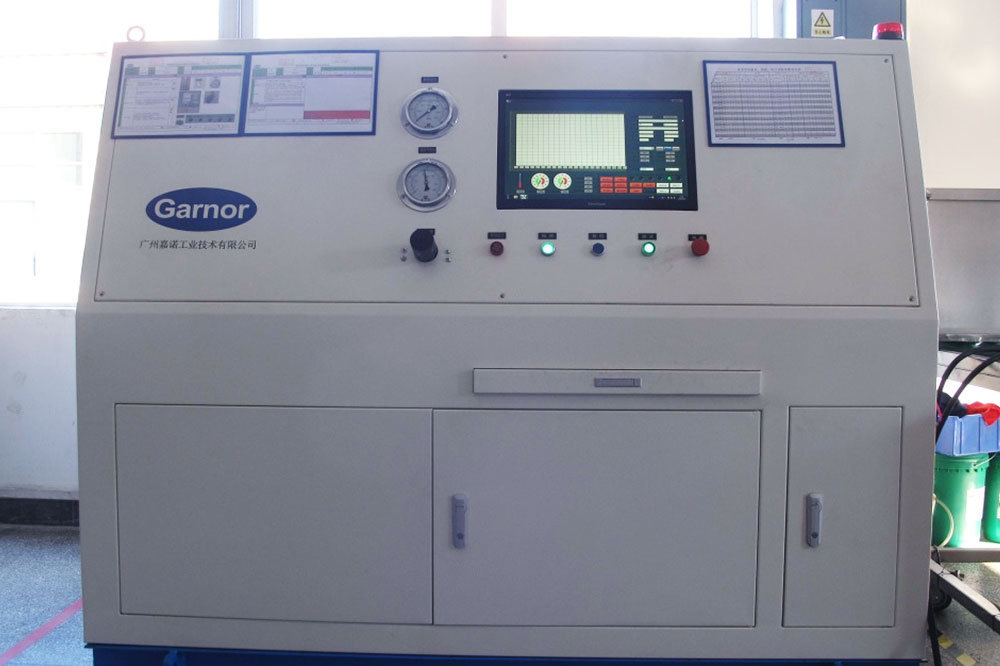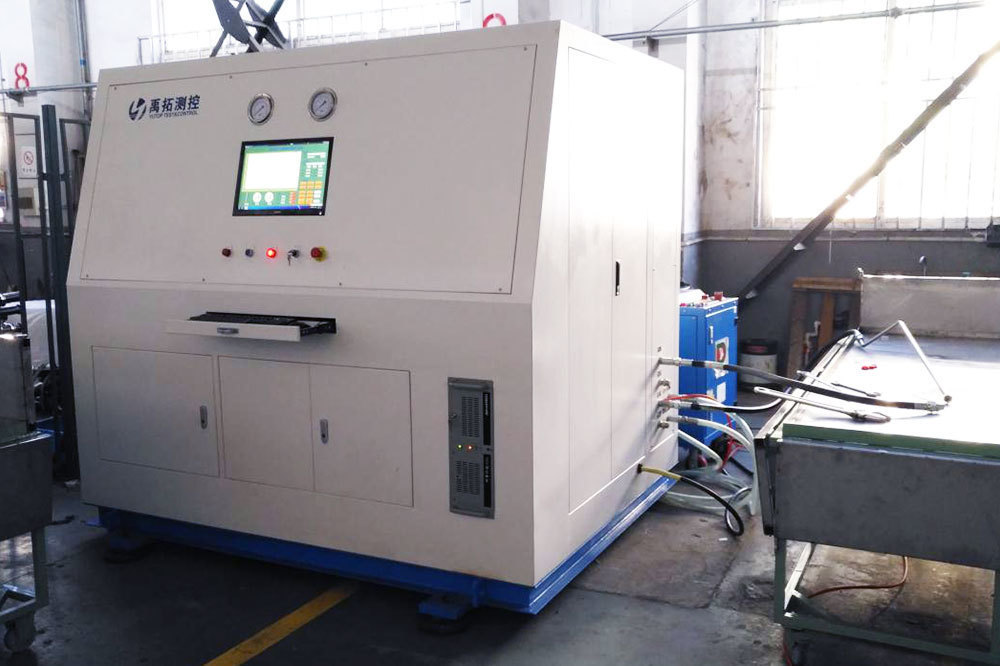How to Choose the Right Hydraulic Pump Performance Test Bench for Your Needs
How to Choose the Right Hydraulic Pump Performance Test Bench for Your Needs Table of Contents Introduction Understanding Hydraulic Pump Test Benches What is a Hydraulic Pump Test Bench? Importance of Test Benches in Hydraulic Systems Key Features to Consider When Choosing a Hydraulic Pump Test Bench Performance Parameters
Aug 07,2025

How to Choose the Right Hydraulic Pump Performance Test Bench for Your Needs
Table of Contents
- Introduction
- Understanding Hydraulic Pump Test Benches
- Key Features to Consider When Choosing a Hydraulic Pump Test Bench
- Types of Hydraulic Pump Test Benches
- Budget Considerations
- Maintaining Your Test Bench for Optimal Performance
- Common Mistakes to Avoid
- FAQs
- Conclusion
Introduction
In today's fast-paced industrial environment, the hydraulic pump performance test bench has become an indispensable tool for manufacturers and service centers alike. Selecting the right test bench can significantly enhance the accuracy and efficiency of your hydraulic systems. In this comprehensive guide, we will explore the critical factors to consider when choosing a hydraulic pump performance test bench that best meets your unique needs.
Understanding Hydraulic Pump Test Benches
What is a Hydraulic Pump Test Bench?
A hydraulic pump performance test bench is a sophisticated piece of equipment designed to evaluate the function and efficiency of hydraulic pumps. By simulating real-world operational conditions, these benches allow technicians to measure crucial parameters such as flow rate, pressure, and power consumption.
Importance of Test Benches in Hydraulic Systems
The significance of hydraulic pump test benches cannot be overstated. They ensure that pumps operate within specified parameters, leading to enhanced system reliability and longevity. Additionally, regular testing can identify potential issues before they escalate, reducing downtime and maintenance costs.
Key Features to Consider When Choosing a Hydraulic Pump Test Bench
Performance Parameters
When evaluating various hydraulic pump test benches, performance parameters such as maximum flow rate, pressure ratings, and accuracy are paramount. These specifications determine the bench's ability to handle different types of hydraulic pumps. A bench with a higher flow range can accommodate a wider variety of pumps, making it a versatile choice for diverse applications.
Size and Capacity
Another critical aspect to assess is the size and capacity of the test bench. The bench should be large enough to accommodate the hydraulic pumps you typically work with, while also fitting comfortably in your workspace. Consider the layout of your facility to ensure efficient use of space.
Ease of Use and Automation
Incorporating user-friendly interfaces and automation features can significantly enhance your testing process. Look for benches equipped with intuitive control systems and automated testing protocols. This not only speeds up the testing process but also minimizes the risk of human error.
Types of Hydraulic Pump Test Benches
Fixed vs. Portable Test Benches
There are two primary categories of hydraulic pump test benches: fixed and portable. Fixed test benches are typically larger and offer more features, making them suitable for permanent installations in manufacturing plants. On the other hand, portable test benches provide flexibility and convenience for on-site testing, ideal for service technicians who travel to client locations.
Custom-Built Options
For unique operational needs, custom-built hydraulic pump test benches can be designed. Collaborating with manufacturers to create bespoke solutions allows for tailored features and specifications that align perfectly with your requirements.
Budget Considerations
Your budget is a significant factor when choosing a hydraulic pump performance test bench. While it may be tempting to opt for the cheapest option, consider the long-term benefits of investing in a high-quality, durable bench. An efficient test bench can save you money on repairs and maintenance in the long run.
Maintaining Your Test Bench for Optimal Performance
To ensure the longevity and efficiency of your hydraulic pump test bench, regular maintenance is essential. Clean the bench regularly, check for leaks, and calibrate the system as needed. Following the manufacturer's maintenance guidelines can prevent costly repairs and prolong the bench's lifespan.
Common Mistakes to Avoid
When purchasing a hydraulic pump test bench, avoid common pitfalls such as underestimating your needs or neglecting to ask about warranties. Failing to consider the types of pumps you will test can lead to poor performance and additional costs. Always consult with manufacturers or experts to make an informed decision.
FAQs
1. What should I look for in a hydraulic pump test bench?
Look for performance specifications, ease of use, size capabilities, and budget compatibility.
2. How often should I test my hydraulic pumps?
Regular testing is recommended, typically every few months, but may vary based on usage and application.
3. Can I use a portable test bench for large hydraulic pumps?
While portable test benches can handle various pumps, ensure they are rated for the size and pressure requirements of the larger units.
4. How do I maintain my hydraulic pump test bench?
Regular maintenance includes cleaning, checking for leaks, and following the manufacturer's maintenance guidelines.
5. Are custom-built hydraulic pump test benches worth the investment?
If your testing needs are unique, a custom-built bench can provide tailored solutions that enhance efficiency and productivity.
Conclusion
Choosing the right hydraulic pump performance test bench is crucial for maximizing your hydraulic system’s efficiency and reliability. By carefully considering the performance parameters, size, ease of use, and your budget, you can make an informed decision that suits your operational needs. Regular maintenance and being mindful of common mistakes will further ensure the longevity of your investment, ultimately boosting productivity and reducing costs in your hydraulic operations.
PREVIOUS:


